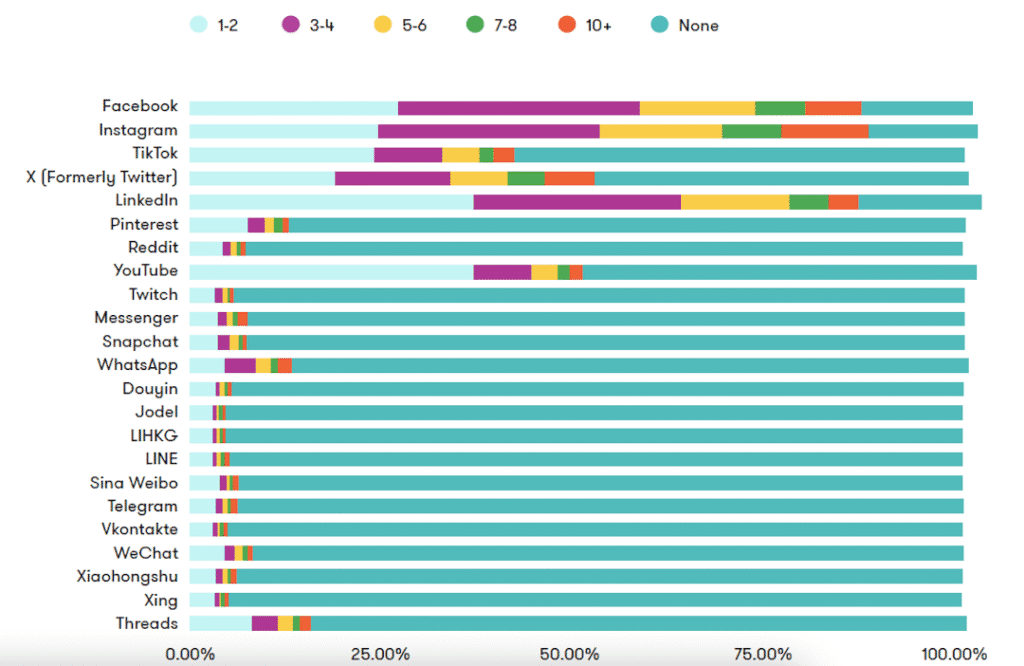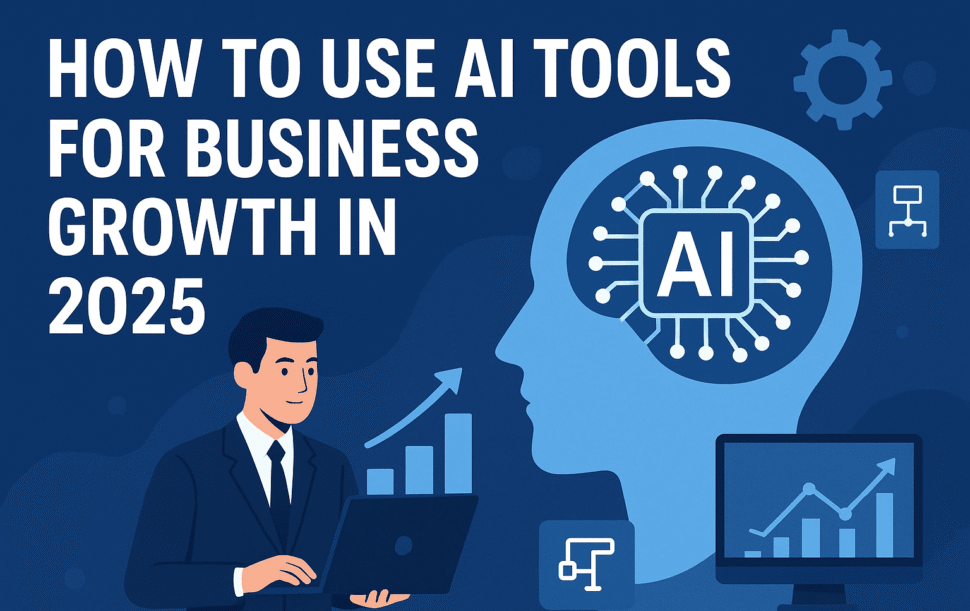
Evolving Landscape of Social Media for 2025
The Current State of Social Media Management
As we approach 2025, the landscape of social media management is evolving at an unprecedented rate. The proliferation of platforms such as Instagram, TikTok, Twitter, LinkedIn, and Facebookis a challenge. It has created a complex environment for brands to navigate. According to recent studies, there are over 4.5 billion active social media users worldwide. This figure will continue to rise, indicating the massive potential for engagement and outreach through social media marketing. The diverse range of platforms necessitates tailored strategies for effective audience targeting and content distribution.
Notable Trends
One notable trend in the current state is the rapid pace of content creation. Brands must continuously produce high-quality, relevant content to stand out in an increasingly crowded marketplace. A report from a leading research firm reveals that over 60% of marketers plan to increase their social media content output in the coming years. This is emphasizing the urgency of maintaining a consistent online presence. Furthermore, the integration of user-generated content and storytelling elements has proven effective. It is helpful in enhancing audience engagement, making it a crucial component of modern strategies.
One can not overlook the impact of artificial intelligence tools on managing social media. AI-driven analytics and automation tools offer insights into user behavior and engagement patterns. These allow concerned teams to refine their strategies effectively. These tools can assist in scheduling posts, analyzing competitor strategies, and even generating content ideas. According to a survey conducted by a reputable marketing agency, over 70% of social media managers have reported improved efficiency and effectiveness through the use of AI technologies.
The global state of social media in 2025 will undoubtedly be shaped by these trends. The ability to adapt quickly to new tools, platforms, and user preferences will be essential for businesses aiming to thrive in this dynamic environment. By embracing innovative practices and harnessing the power of data analytics, social media managers can well-position themselves to meet the challenges ahead.
Primary Focus Areas for Social Media Teams
As we approach 2025, social media managers will need to navigate an increasingly complex landscape, making it essential to focus on several key areas that can significantly enhance their strategies. Central to this evolution is audience engagement, which has become more crucial than ever in an era where users are inundated with content. Techniques such as interactive polls, live videos, and personalized messaging can create a more engaging environment, fostering community and brand loyalty. Understanding specific audience segments and tailoring content accordingly is imperative for optimizing engagement levels.
Another important aspect is content personalization. Today’s consumers expect tailored experiences that resonate with their interests and behaviors. This process includes utilizing data analytics to gain insights into customer preferences, enabling teams to craft content that is not only relevant but also compelling. Personalization enhances the user experience and drives higher conversion rates, making it a pivotal focus area for marketing strategies as we progress toward 2025.
In addition to engagement and personalization, the effective use of data analytics emerges as a cornerstone of social media management. With the volume of data generated daily, The managers must leverage analytics tools to measure performance, track trends, and refine their strategies accordingly. Properly analyzing engagement metrics can inform future content creation, ultimately aligning social media initiatives with broader marketing goals.
Lastly, integrating emerging technologies such as artificial intelligence and machine learning into social media strategies is becoming increasingly essential. These technologies can enhance content curation, automate scheduling, and optimize ad targeting, driving efficiency and effectiveness in campaigns. Embracing these tools allows social media teams to remain agile, adapting to the global state while maintaining a competitive edge in an ever-changing market.

Goals of Social Media Management in 2025
As we mull over the global state in 2025, the goals of social media management are evolving to meet the dynamic expectations of both users and businesses. One of the primary objectives for social media teams is to enhance customer engagement. This involves creating content that resonates with audiences, fostering interactions, and maintaining an open dialogue between the brand and its followers. A well-implemented marketing strategy enables businesses to connect with their customers more effectively, building loyalty and trust.
Increasing brand awareness is another crucial goal. In the increasingly crowded digital space, brands must strive to differentiate themselves and capture attention. This requires innovative content, strategic use of hashtags, and targeted advertising to ensure visibility among the right demographics. It’s essential to create shareable content that encourages organic growth and enhances the overall reach of a brand.
Generating leads and driving conversions are equally important aspirations for the execution teams in 2025. This goal can be achieved through diverse techniques such as targeted campaigns, promotional offers, and leveraging user-generated content. By implementing measurable objectives, businesses can track the effectiveness of their marketing efforts, making necessary adjustments along the way to optimize results.
Furthermore, it is critical for professionals to remain adaptable, particularly in response to algorithm changes that can impact content visibility. Understanding these changes helps in adjusting strategies to maintain engagement and communication with target audiences. By taking a proactive approach to goal-setting, the execution teams can not only stay ahead of competitors but also establish a strong presence in the constantly evolving digital landscape.
You can simply read our service offering of Social Media Marketing
Challenges Confronting Teams
As we progress in 2025, social media marketing teams face several significant challenges. This requires strategic navigation and adaptability. One of the most pressing issues is the oversaturation of content. With countless brands vying for attention, social media platforms are flooded with posts, making it increasingly difficult for messages to penetrate the noise. Consequently, marketers must focus on producing unique, high-quality content that resonates with their target audience to remain relevant.
Another challenge confronting social media managers is the rapid evolution of algorithms employed by social media platforms. These algorithms dictate which content is shown to users, and their frequent updates can disrupt established strategies. As a result, social media marketing professionals must stay informed about algorithm changes and be willing to pivot their approaches accordingly. This requires not only a strong understanding of analytics but also the ability to interpret data trends effectively.
Handling negative feedback or crises on social media is an ongoing challenge that can have immediate consequences for brand reputation. Social media managers must develop a comprehensive crisis management plan to address potentially damaging situations swiftly. This involves monitoring brand mentions continuously and crafting appropriate responses that acknowledge customer concerns while maintaining brand integrity. Managing online conversations with empathy and transparency is vital in these scenarios.
Maintaining brand authenticity in an era of mistrust is another hurdle that the execution teams need to overcome. Consumers are increasingly discerning, seeking genuine connections with brands. Consequently, marketers must be transparent, ensuring their messaging reflects authentic brand values and commitments. Continuous learning and adaptation are paramount, as the tools and technologies that shape this type of marketing evolve rapidly. Resilience and creativity will ultimately be key assets in successfully navigating these challenges as 2025 approaches.











